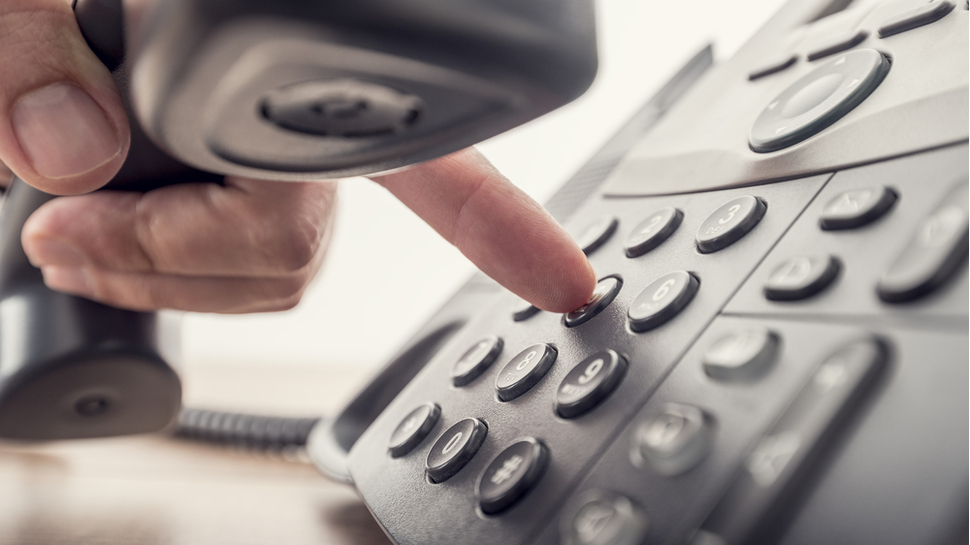BT puts the brakes on digital landline switchover - here's what that means for you
BT says upgrade is necessary, but admits elements have been rushed

Sign up for breaking news, reviews, opinion, top tech deals, and more.
You are now subscribed
Your newsletter sign-up was successful
BT has paused the migration of landline users from the old analogue phone system after admitting that it needed to take additional measures to reassure customers of the quality and reliability of the new digital voice service.
Digital voice services use a fibre network rather than a dedicated network of physical lines to serve customers.
Because traffic is carried over the same network as broadband, cost, complexity, and energy consumption is lowered for providers, while customers benefit from higher quality voice calls and lower volumes of scam calls.
Digital voice
The only change that end users should expect to see is that they plug their handset into their router rather than a specific socket in the wall. It’s a change happening amongst all providers, not just BT, and is taking place in many other countries.
BT had wanted to complete the switchover by 2025 and its Openreach business has already started withdrawing legacy voice services at some exchanges.
However, the company has admitted that, in its haste, it has perhaps overlooked that some customers will need more confidence. Although recent storms Arwen and Eunice also disrupted phone lines, power outages in affected areas meant anyone with an IP phone was unable to make or receive calls, causing potential distress.
“[IP voice] is a a necessary upgrade to customers’ phones in their homes that will bring long term benefits and a service fit for the future,” explained BT Consumer CEO Marc Allera. “Existing analogue technology is up to 40-years-old in some parts and is becoming obsolete. Manufacturers no longer make replacement parts for it, new engineers aren’t being trained on it, it is becoming less and less reliable and prone to outages and is very inefficient on energy usage."
Sign up to the TechRadar Pro newsletter to get all the top news, opinion, features and guidance your business needs to succeed!
“However, we underestimated the disruptive impact this upgrade would have on some of our customers. With hindsight we went too early, before many customers – particularly those who rely more heavily on landlines – understood why this change is necessary and what they needed to do."
To help smooth the migration process, BT is pausing all further switchovers for those that would prefer not to move over to the new technology immediately. The
Allera also said BT would work with the power companies to enhance the resiliency of the network, focus on faster power restoration, and provide better back up solutions such as hybrid devices that can access a mobile network and feature a long-life battery pack.
“With a programme of this scale, sometimes we don’t always get everything right and on this occasion, we acknowledge we have more work to do and will get on with putting these solutions in place to better help our customers go through this change,” he added.
Steve McCaskill is TechRadar Pro's resident mobile industry expert, covering all aspects of the UK and global news, from operators to service providers and everything in between. He is a former editor of Silicon UK and journalist with over a decade's experience in the technology industry, writing about technology, in particular, telecoms, mobile and sports tech, sports, video games and media.